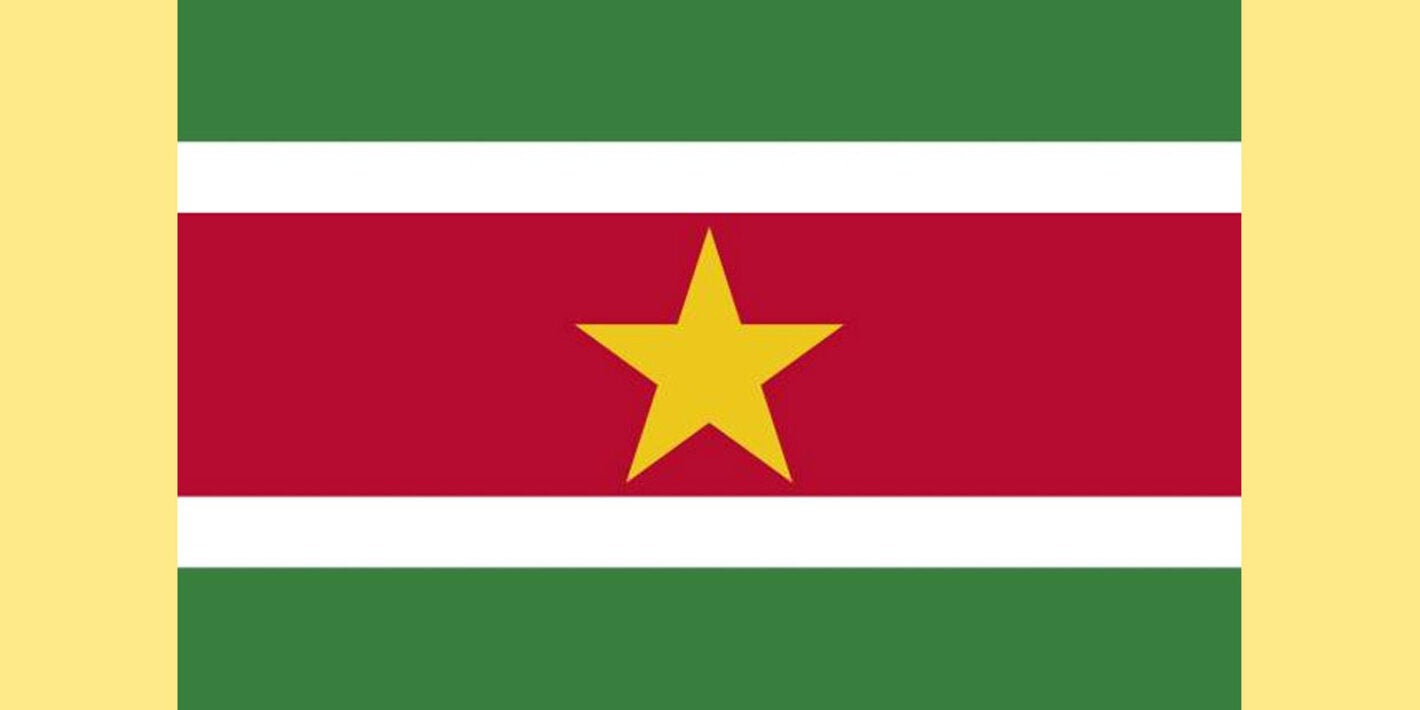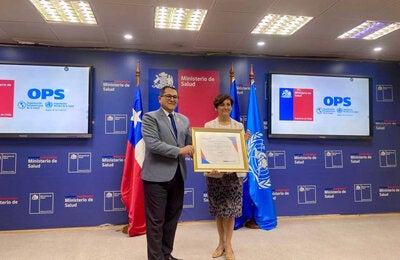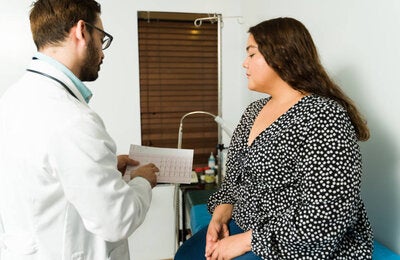
Medical Mission Primary Health Care of Suriname has a project to improve data quality for evidence based decision making that seeks to develop and implement a web based routine Health Information System that enables real-time collecting, registration and reporting of surveillance data, to ensure a timely response on public health emergencies and disasters.
The primary healthcare service delivery in Suriname is provided by two government-subsidized primary health care Non Governmental Organization (NGOs), and a number of private family physicians. The Medical Mission Primary Healthcare Suriname, one of the government-subsidized NGOs, is responsible for about 50 polyclinics scattered over the difficult to access hinterland (Amazon rainforest). The Medical Mission has an integrated primary health care delivery system which employs trained health care assistants, and clinic aids in the polyclinics, who are primarily responsible for delivering the health care services. The trained healthcare workers receive day to day guidance from a pool of physicians and nurses through telephone and internet.
In addition to this, seven physicians circulate on a set schedule through the different clinics in order to oversee general healthcare at the health outposts. Medical Mission offers integrated primary healthcare, laboratory services, dentistry, pharmacy and HIV counselling at each health post. Activities of the Medical Mission, carried out in the 50 locations, are driven and supported by the "coordination center" in Paramaribo; this is also where the Monitoring Evaluation Surveillance & research department (MESO) is located.
Routine data collected at the policlinics, is received at MESO by phone, e-mail or hardcopy, on a weekly/monthly basis, and entered in the Medical Mission's Microsoft Access data base system. This data is used for policy making, strategic planning, program tracking, disease surveillance, and technical support. At this time there is no efficient use of human resources.
The same data is entered twice in the field; first during the consult with the patient and a summary at the end of the month which is submitted to MESO. To minimize the administrative burden and the associated poor reporting quality, we want to introduce a web based system to improve our quality of care; through timely availability of accurate information for understanding program status, and improving program performance.
The proposed Medical Mission web-based system, which includes an electronic patient dossier, will create data reports for decision making, following a simple algorithm useable by the healthcare workers in the 50 remote clinics. Data from all 50 clinics spread all over the interior, automatically synchronized in MM's database will add up to this.
The healthcare assistants are trained healthcare workers from the local communities. The healthcare assistants, who works with the several protocols MM has in place to guarantee high quality care, enjoy doing the health part of their job, but see the administrative part which comes along with it, as a true burden.



